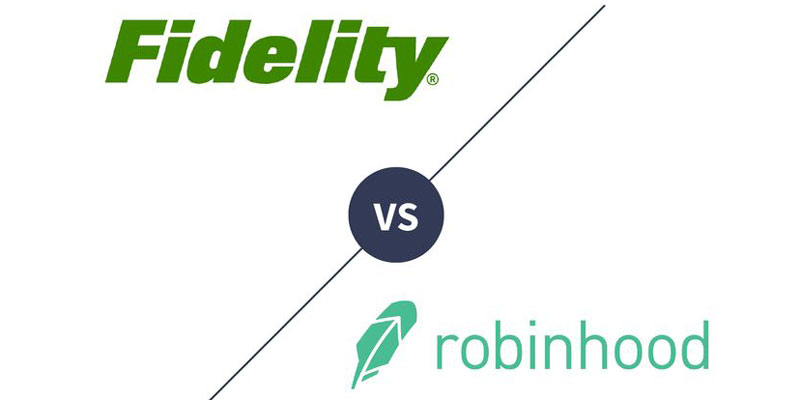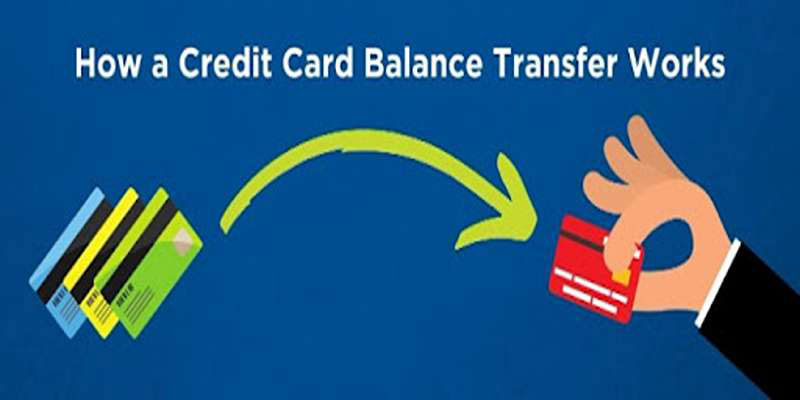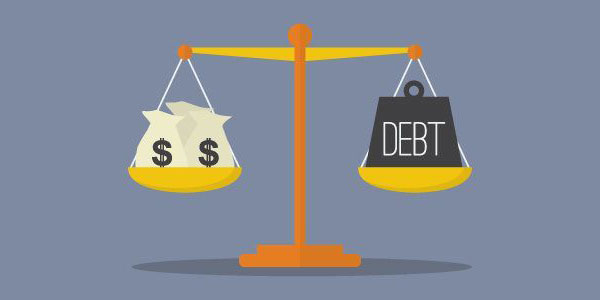What Is an American Express Card?
Nov 09, 2023 By Triston Martin
American Express offers prepaid, gift, and credit cards to individuals, small businesses, and large corporations worldwide. American Express cards can be used to make payments by businesses around the globe. This is similar to Visa, Mastercard, and Discover. However, American Express is a card issuer and an acquiring bank. It receives revenue from cardholders and businesses that accept its cards. American Express processes transactions using its logo-bearing card cards such as The Platinum Card, The Blue Cash Everyday Card, and The Delta Skymiles Blue Card.
Understanding American Express Cards
American Express issues American Express cards, which are processed through the American Express network. American Express is one of the few financial services companies that can issue and process electronic payment cards.
American Express is a financial services company that is publicly traded. It provides network processing and credit lending, which gives it an advantage over other companies in the sector. It can issue credit products like traditional lenders. This includes credit cards and charge cards.
American Express operates its processing network, which competes with Visa (V) and Mastercard (MA). The closest competitor to American Express is Discover Financial Services, a publicly-traded financial services company that offers credit lending and a network of processing service providers. American Express has multiproduct capabilities to generate revenue from its interest-earning products and network processing transaction services.
Types of American Express Cards
American Express debit and credit cards can be purchased for commercial and retail customers. It is also a leading provider of charge cards. These cards offer month-to-month credit and card balances that must all be paid each month. American Express credit cards and charges follow the standard underwriting processes. The company is a lender that seeks high-credit quality borrowers, which means credit scores of at least 670.
American Express credit cards and charge cards offer a range of benefits, including travel perks and rewards points. These benefits depend on the annual fee. Although American Express cards can offer cash back for certain purchases, they aren't the most popular cash back cards. American Express offers a variety of branded prepaid debit card options that can be used to purchase gift cards and special-purpose reloadable payment cards.
Cash Back
American Express cash-back consumer credit card purchases earn between 1% and 6% as a statement credit; cash rewards can be used to redeem cash rewards. An annual fee is charged for higher-earning rewards cards.
Travel
Rewards can be earned for hotel stays, flight bookings, or travel credit. Travel credit cards co-branded, such as hotel and airline rewards cards, can earn rewards through the loyalty program. Purchases on Delta SkyMiles American Express cards can earn cardholders miles that they can use to upgrade or fly Delta. American Express travel credit cards can have annual fees as high as $695. Higher-fee cards offer more perks and rewards.

Business
American Express offers 14 credit and charge cards to businesses, from small startups to large corporations. You can choose business cards that offer cash-back, travel, hotel, and airline cards. Also, you can get co-branded business cards from Lowe's or Amazon.com.
Fees
Transaction processing accounts for a large portion of American Express's revenue. Because of the many benefits American Express offers customers, merchants are more likely to accept American Express cards. They will also pay processing fees.
American Express transactions are conducted by the merchant's bank acquiring bank. American Express acts as the processor and issuing bank. American Express transactions require that merchant acquiring banks work with the American Express processing networks to send communications. American Express also approves and authenticates the transaction.
American Express charges a small processing fee to merchants for its network services. This is in addition to the overall fees associated with each transaction. American Express is a trusted processor and lender in the financial services sector.
Partnerships, Co-Branded Cards
American Express not only issues most of its cards directly to customers but also has partnerships with other financial institutions. For example, Wells Fargo in the U.S. issued an American Express card in April 2021. However, this didn't affect existing cardholders. Banco Santander in Mexico offers American Express cards. American Express has partnered with other companies to encourage people to apply for its credit card. Its co-branded cards, available with Delta Air Lines, allow customers to redeem frequent flier points on Delta and its Hilton Hotels cards.
American Express Businesses
Card Issue
American Express offers many card products for consumers and businesses. American Express offers card products that offer benefits, rewards, and experiences to help attract new customers. Cardholders can get cash-back or loyalty rewards and access airport lounges and travel insurance coverage, depending on their card.
Card Network
American Express partners with financial institutions and banks to license the brand to offer credit cards. Among other things, American Express partners with financial institutions and banks to offer credit cards in local currencies.

Fidelity Investments vs. Robinhood

How to Buy Stocks Step by Step: A Comprehensive Guide to Investing

Review of the SunTrust Prime Rewards Credit Card

Balance Transfer Credit Cards: What You Need to Know

Debt-To-Income Ratio Need for a Mortgage

Stated Value Car Insurance

Should you pay off debt or save first

Deciphering Financial Choices: Cash Management Account vs. Money Market Fund

Should You Cosign A Student Loan For Your Child?

